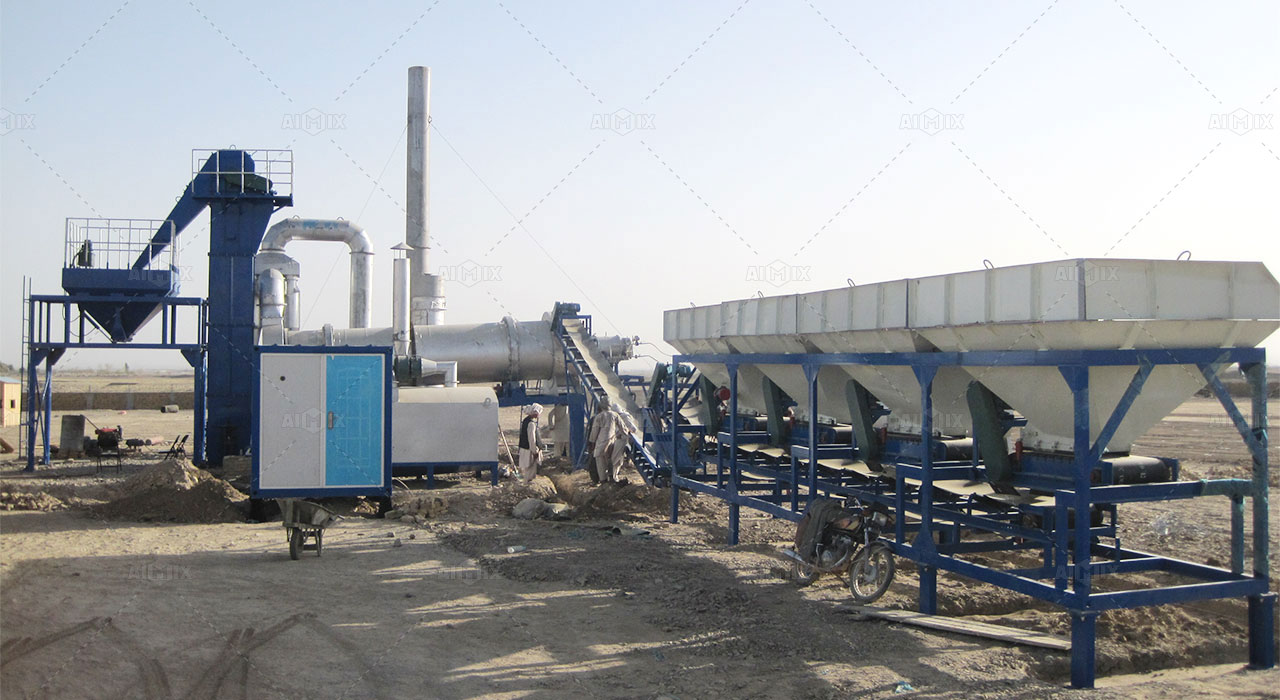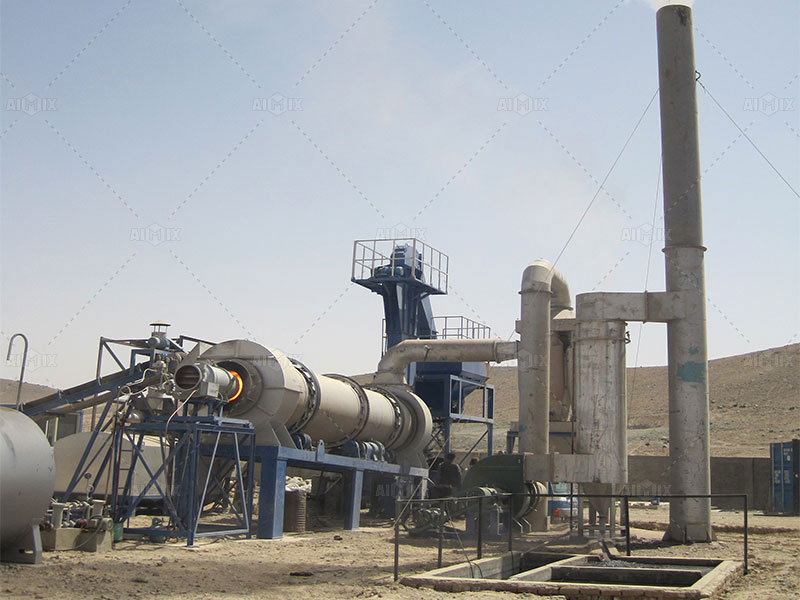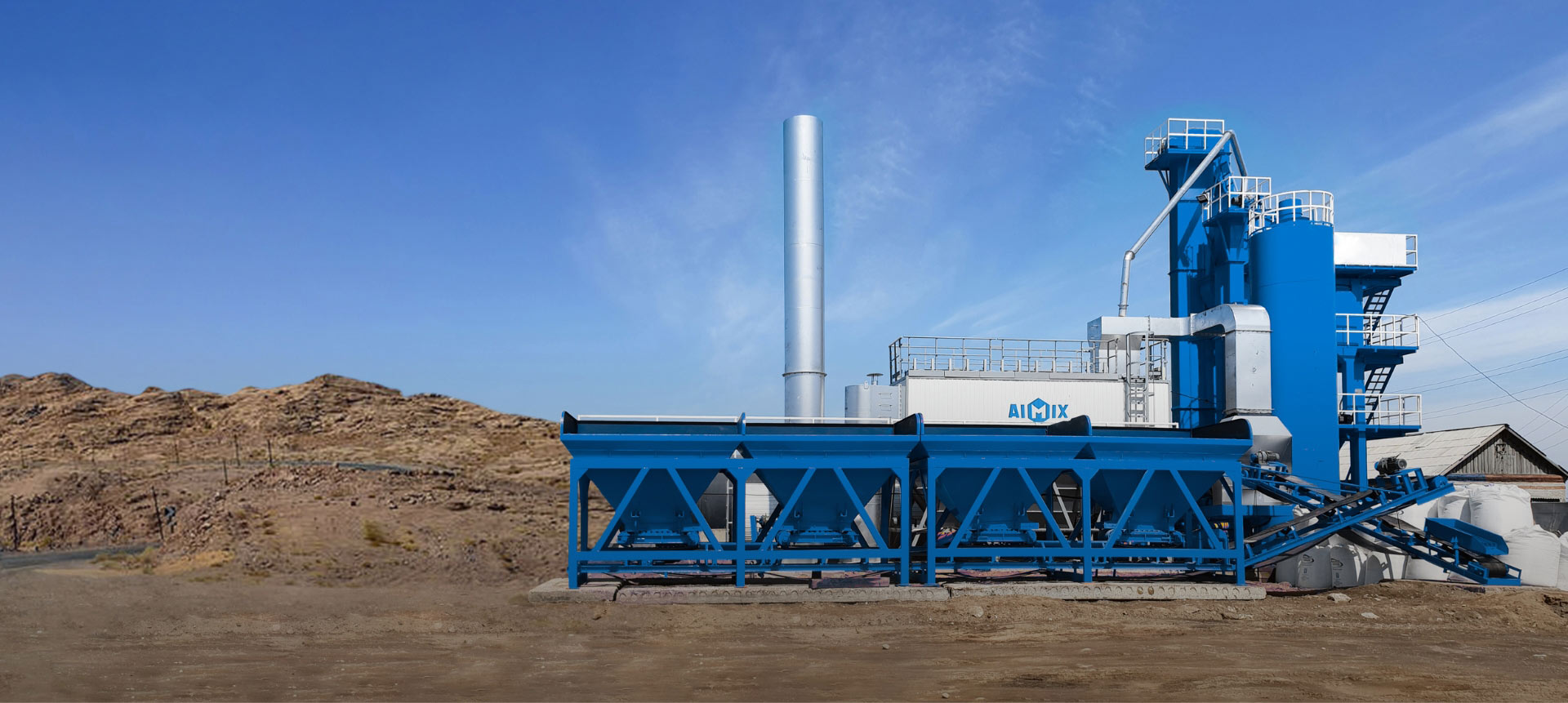Asphalt mixing plants play a crucial role in the construction industry, producing the asphalt mixture used for various road surfaces. One key challenge that operators often face is maintaining a stable output to ensure consistent quality and efficiency in the production process.
Regular Maintenance and Inspection:
To achieve stable output, regular maintenance and inspection of the aspal mixing plant are essential. This includes checking and lubricating moving parts, inspecting belts and chains, and ensuring that all components are in optimal condition. Routine maintenance not only prevents unexpected breakdowns but also contributes to the overall stability of the plant’s output.

Calibration of Equipment:
Proper calibration of equipment is crucial for achieving precise and consistent output of amp aspal. This involves calibrating the weighing systems, temperature sensors, and other critical components. Regular calibration ensures that the plant accurately measures and proportions the raw materials, leading to a stable and uniform asphalt mixture.
Quality Control Measures:
Implementing robust quality control measures is fundamental to stabilizing output. Regular testing of raw materials, such as aggregates and bitumen, helps identify any variations that could impact the quality of the asphalt mixture. Adjustments can then be made to maintain consistency in the final product.
Automation and Control Systems:
Modern asphalt mixing plants often come equipped with advanced automation and control systems. These systems allow for real-time monitoring of various parameters, such as temperature, moisture content, and production rates. Utilizing these technologies enables operators to make prompt adjustments to maintain stable output levels.

Optimizing Production Parameters:
Understanding and optimizing production parameters are key to stabilizing output. This includes adjusting the mixing time, temperature, and the proportion of raw materials based on the specific requirements of the project. Fine-tuning these parameters ensures that the plant consistently produces asphalt mixtures with the desired characteristics.
Training and Skill Development:
Operator skill and knowledge are critical factors in achieving stable output. Providing comprehensive training to plant operators on the equipment, maintenance procedures, and troubleshooting techniques enhances their ability to manage and optimize the plant’s performance. Skilled operators are better equipped to identify and address issues promptly, contributing to stable production.
Environmental Considerations:
External factors, such as weather conditions, can impact the performance of asphalt mixing plants. Adequate measures, such as sheltering the plant from extreme weather or adjusting production schedules based on environmental conditions, can help maintain stability in output despite external challenges.
Continuous Monitoring and Feedback:
Establishing a continuous monitoring system with feedback loops allows for proactive management of the plant’s performance. Real-time data analysis enables quick decision-making and adjustments to prevent deviations in output, ensuring a consistently high-quality asphalt mixture.
Conclusion:
Achieving stable output in asphalt mixing plants with a good harga asphalt mixing plant requires a holistic approach that encompasses regular maintenance, calibration, quality control, automation, operator training, and environmental considerations. By implementing these strategies and best practices, operators can enhance the reliability and efficiency of asphalt production, contributing to the success of construction projects and overall infrastructure development.
